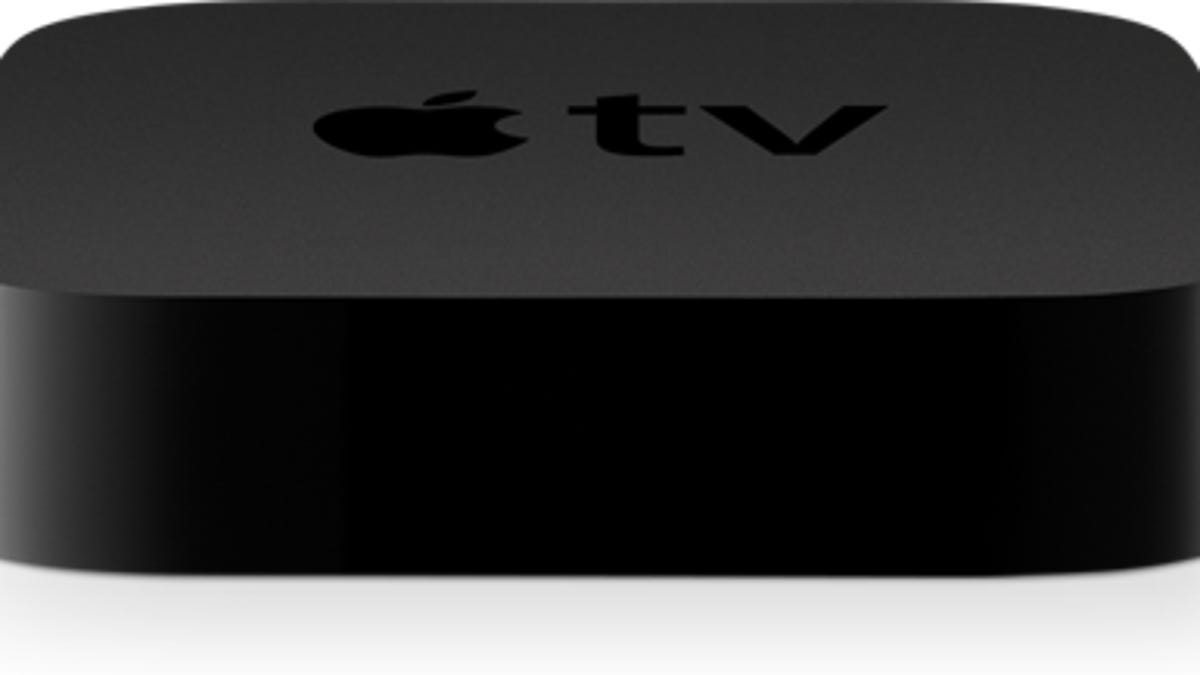Apple will replace faulty Apple TVs for free
If you have an Apple TV that is experiencing Wi-Fi connectivity problems, it may be eligible for a free replacement.

9to5Mac is reporting that according to internal communications, Apple has implemented a new policy at its retail stores and support centers that a small number of its Apple TV media devices may be faulty and be eligible for a free replacement.
The applicable systems are third-generation Apple TVs that are experiencing network connectivity issues where they either cannot locate or are unable to join wireless networks, or they can only successfully connect part of the time.
This issue affects only a small number of devices that Apple has identified. To qualify, your Apple TV's serial number must meet the following qualifications:
- The last four letters of the serial number must be DRHN
- The fourth and fifth alphanumeric characters of the serial number must contain one of these pairs:
H9, HD, HD, HF, HG, HH, HJ, HK, HL, HM, HN, HP, HQ, HR, HT, HV, HW, HX, J1, J2, J3, J4, J5, J6, J7, J9
For affected systems, Apple's employees will ensure they are running version 5.2.1 of the Apple TV operating system or later, and then test for potential noise interference issues with the device. If they cannot resolve the issue after these and additional basic troubleshooting steps, then they will replace the device with a new one, free of charge.
UPDATE (4/25/2013): The characters in pairs must be the fourth and fifth of the serial number, and not the third and fourth as was originally reported.
Questions? Comments? Have a fix? Post them below or
e-mail us!
Be sure to check us out on Twitter and the CNET Mac forums.

